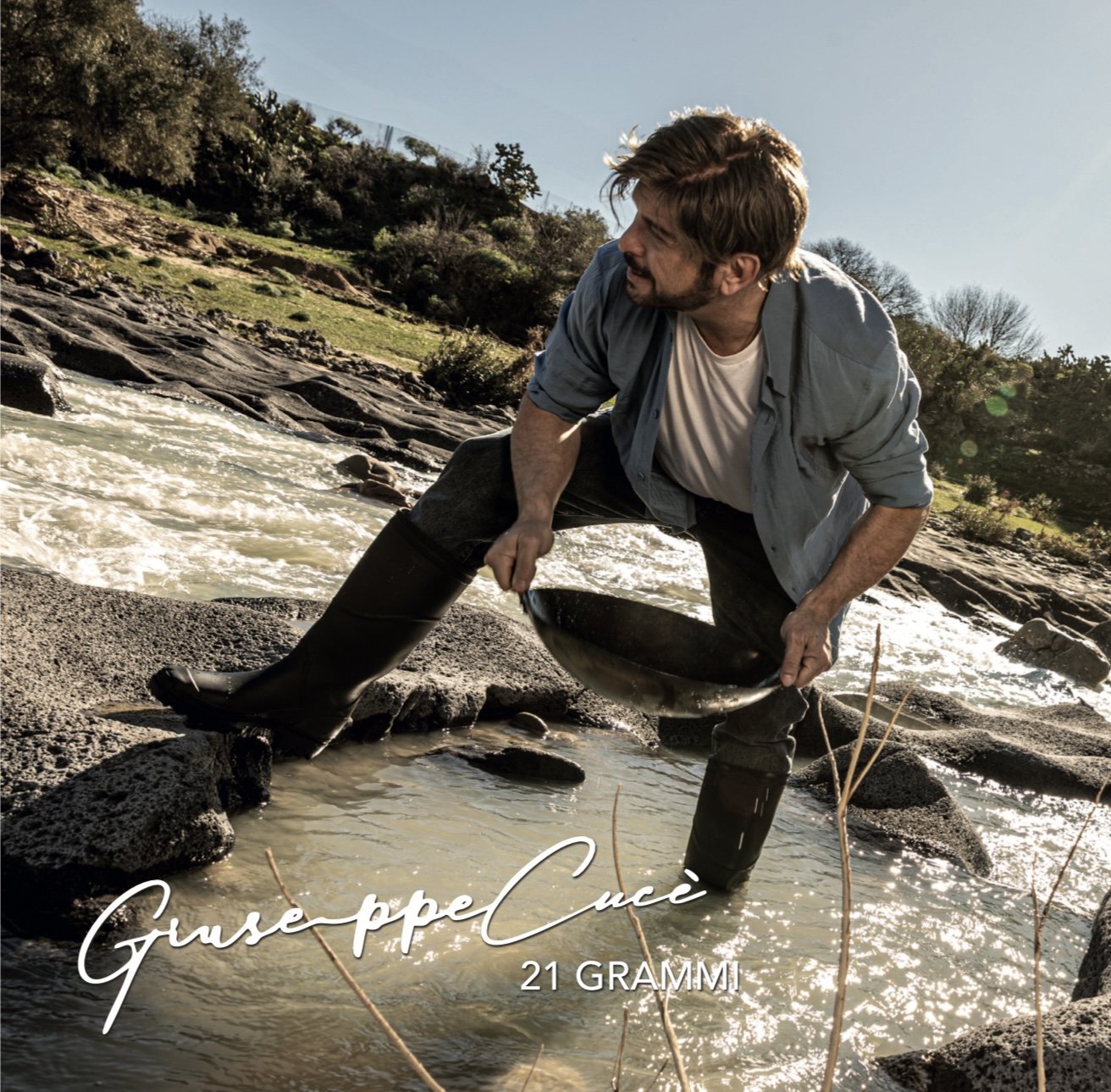Album Review | Eva Gertz’s “Worth the Drive” Project leads listeners into heartfelt introspection.
A certain sense of quiet resolve saturates every chord of Eva Gertz’s “Worth the Drive,” inviting listeners to reckon with the tender art of rediscovery as they trace her cross-country odyssey. Indeed, this 10-track album is no ordinary collection of indie pop and folk-pop tunes; it is a pilgrimage through the chambers of one’s inner self, a sonorous recollection of dirt roads, open skies, and the sudden flashes of human connection discovered in unexpected places. Gertz, an independent songwriter and pianist, does not merely present music—she crafts a personal narrative that simultaneously feels private and universal, guiding us beyond the familiar boundaries of comfort, and into the reflective spaces born of solitary wanderings.
In fact, “Worth the Drive” emerged from Gertz’s own five-month solo journey across the United States during a time of overwhelming transition. The subtle ache following a breakup, the quiet fear instilled by a global pandemic, and the extraordinary challenge of leaving a longtime home all percolate through her piano keys and gentle vocal inflections. However, one of the remarkable strengths of this album lies in the way it keeps darkness at bay, choosing empathy and earnest introspection over despondency. Instead of wallowing in sorrow, Gertz transmutes it into courage, proving that traveling alone and forging a friendship with oneself can be an act of profound liberation. The textures of these songs—some whisper-soft and uncluttered, others luxuriantly layered—mirror the shifting landscapes of Gertz’s voyage, from airy mountaintops to the concrete rhythms of Midwestern cities.
Note that each track on the album functions like a postcard, providing a snapshot of a moment, a memory, or a revelation. The opener, “Little Know It All,” focuses on nurturing the inner child, setting a tone of gentle self-compassion. Its sparse piano melodies and intimate lyrical candor encourage the listener to trust their own instincts, as if Gertz were reminding us that growth requires tenderness and vulnerability. The second song “Art Collectors,” by contrast, takes on a playful edge, painting scenes of opulence and human materialistic longing against a backdrop of jazzy instrumentation. In addition, “Pot of Glamour” shimmers with subtle forbidden fantasies, examining youthful illusions and the bittersweet sting of shattered fantasies. The steady pulse of these first songs establishes that Gertz’s emotional range extends beyond melancholic contemplation—she flirts with humor and wistfulness, confident enough to show us a spectrum of feelings.
In “Playful Lonesome,” Gertz marries an almost childlike sing-song cadence to musings on solitude, while “Elk’s Eye” contemplates our relationship with nature and the ethical dilemmas of experiencing beauty through a camera lens. Here, the instrumentation grows more atmospheric, weaving in gentle percussion and string-like textures to mirror vast, untamed landscapes. Similarly, “Alone in Every Place” delves into the paradox of journeying far to understand one’s own heartbreak more fully. Indeed, these middle tracks sustain the emotional gravity of the album: Gertz neither denies loneliness nor glamorizes it; rather, she acknowledges how it deepens our understanding of who we are beneath the layers of routine and familiarity.
As we move further along, “Along the Road” captures the steady process of shedding old emotional baggage bit by bit—each lyric a small cathartic release, each note a gentle push toward acceptance. “Lo & Ry” honors the new bonds formed in fleeting encounters, reminding us that even ephemeral friendships can leave indelible marks on the soul. The title track, “Worth the Drive,” radiates a questioning spirit—are the sacrifices, the empty motel rooms, the raw vulnerability of forging ahead truly worth the accumulated wisdom? Gertz’s voice soars here with cautious optimism, suggesting that the answer may not be clear-cut, but the experience itself shapes us immeasurably.
Moreover, “Safe Haven” closes out the final leg of the journey on a note of serene understanding. The layered vocals, textured piano, and ambient sounds evoke the feeling of returning home not only to a physical place but to a more resilient version of oneself. Across all 10 songs—some of which glide by as gentle piano ballads, while others blossom into richer sonic environments—listeners are gifted a vibrant tapestry of emotional experiences. A few tracks surprise with their seamless blend of indie sensibilities and subtle chamber-pop influences, reminding us that Gertz thrives on expressive fluidity. She seems keenly aware that no single arrangement can capture every dimension of a lived experience, so each composition assumes the shape and scale needed to convey its own emotional truth.
In addition, the lyrical style throughout “Worth the Drive” is conspicuously human. Instead of relying on stale metaphors, Gertz’s words reflect authentic introspection. The writing embraces the reality of personal struggle, the awkwardness of reinvention, and the quiet triumph of learning to love oneself through it all. Indeed, by the time we finish listening, we feel we have traversed the highways and byways alongside her, absorbing lessons on kindness, resilience, and hope.
Ultimately, Eva Gertz’s “Worth the Drive” is no mere soundtrack to a travel diary. It functions as a testament to the power of music to transform transient experiences and private anxieties into something lasting and luminous. The album urges us to be brave, to step into the unknown, and to realize that the most valuable destination might just be the person we become when we let our hearts guide us forward.



















Cigarette ash and camera-flash memory conspire like mischievous archivists, and Tamar Berk has released “Indiesleaze 2005” as their newest artifact of that feral mid-2000s frequency—half glitter, half bruise. The track moves with a mid-tempo confidence that never hurries…